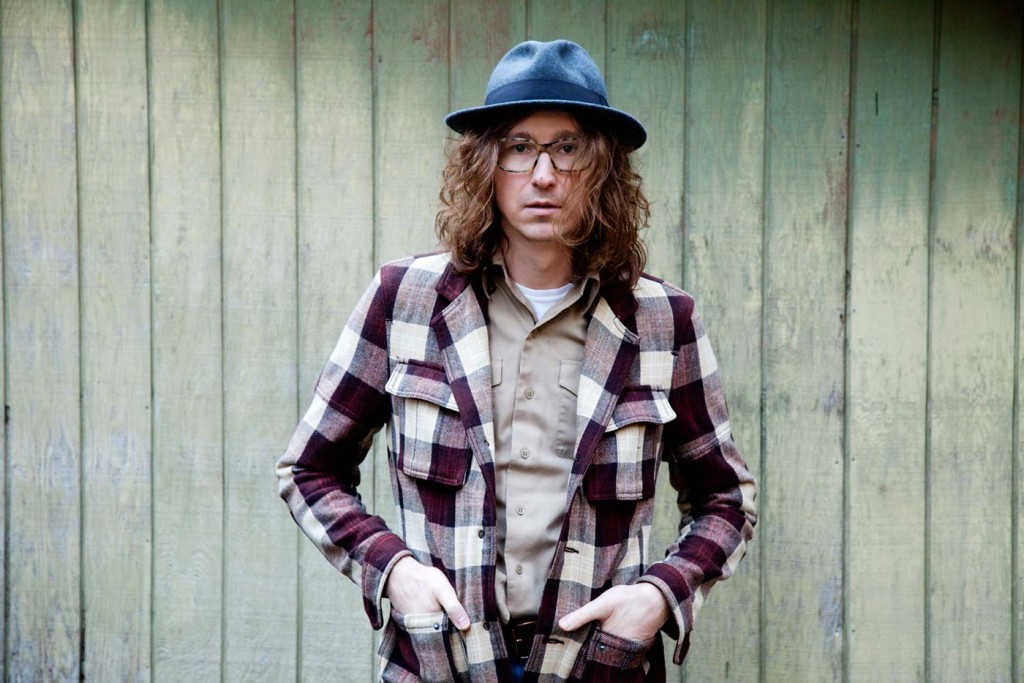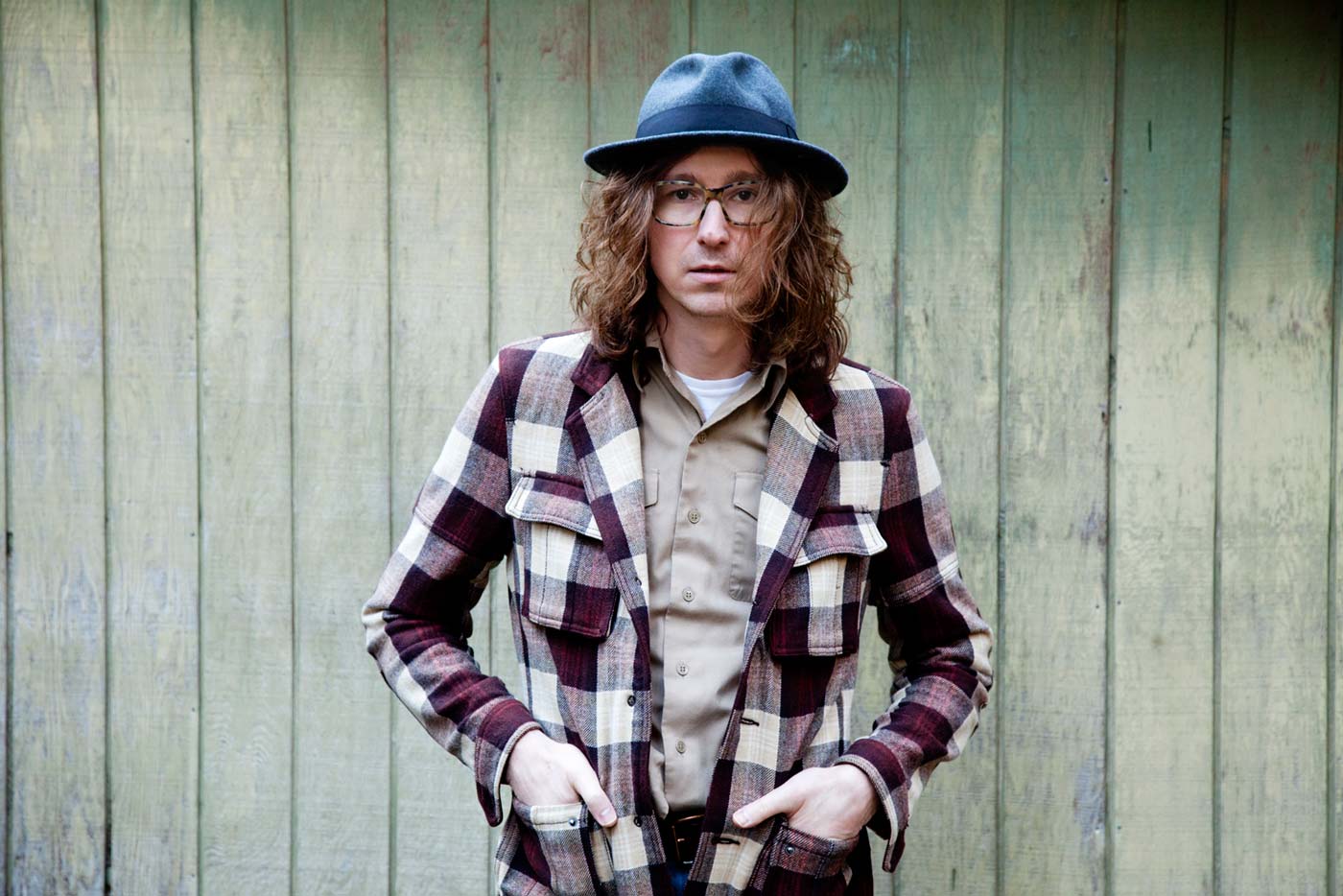By Christopher DeMarcus (Contributor) – Email
Print Edition: February 19, 2014

Winston Hauschild has been writing and performing music across Canada for 20 years, but his most recent success has been in producing records for Juno award-winning artist Hannah Georgas and multi-platinum-selling singer Wanting Qu.
Working out of Fader Master Studios in Vancouver and living on Bowen Island, Hauschild is a quintessential example of how British Columbia has forged the life of a producer-singer-songwriter.
Writing songs that are on par with Ron Sexsmith and John Lennon, while looking shockingly like the latter, Hauschild isn’t only a professional music man — he’s a working builder in the new digital age of cultural industry.
The Cascade was able to sit down with Winston over the past few weeks to talk about how music in B.C. has changed with the introduction of new radio station funding projects and do-it-yourself recording.
What are some of the biggest changes you’ve seen in the Lower Mainland that have affected the way we make music?
I think the biggest changes are the funding programs and artists’ ability to tap into those opportunities. When the Peak Performance Project started up we were able to educate, develop, and promote bands with over $5 million in seven years.
Shore 104.3 FM gives $10,000 a month to the artist with the best song. This type of funding just didn’t exist when I first came to the Lower Mainland.
What’s your role in the Peak Performance project?
Each year I participate in the Peak Bootcamp. I help the bands record songs in makeshift studios out in the woods — so inspiring!
Living on Bowen and commuting to Vancouver for work seems like the best of both worlds. What made you decide to live outside of the city?
After 13 years in the big city, I found myself yearning for the country again. I grew up in small towns in the Okanagan and have always felt inspired and rejuvenated after spending time in nature. Commuting to Bowen is relatively easy, and often quicker than commuting out to the valley. Some of my favourite records were made by artists that chose to get out of the city and head to a special destination to cut their record. Expect some big news later this year about how I plan to provide the ultimate “make your record in the woods” experience!
Are physical albums still relevant?
Physical albums are only relevant to touring musicians who need to build a fan base and sell a stack of CDs each night to help with touring costs. Live gigs are the last place where physical copies still sell. Until the general public fully appreciates the superior sound quality of purchasing music on vinyl, I think artists should focus on digital.
More and more, songwriters are recording, producing, and mixing their own stuff. Some billboard-charting artists claim to be doing the DIY thing. What do you bring to the table as a writer-producer for hire?
Not many artists can make their own records with success. There are exceptions, but I still think the best projects have many heads involved.
Personally, I focus primarily on songs and making sure we have the best possible songs before hitting the studio. Then the recording process can get experimental, trying fun instruments and having fun with overdubs. As an artist, if you’re focused on getting drum sounds and EQing the bass it could be difficult to put all your energy into the performance.
What do you look for in a producer that produces your own records?
I usually choose a producer — or co-producer — who is a great engineer but also has a deep appreciation for good songs.
Is there any locally-made studio gear or instruments you like to use?
I own a Union Tube & Transistor More pedal that is made locally. It’s my go-to magic guitar pedal that can also be used as a pre-amp for other needs. I love the Sonic Farm gear and have used their stuff on many records.
What do you think is the most important tool for a music producer?
Your ears. Your knowledge of songwriting and the classics. Ability to play instruments. Ability to work well with other people and be open to all ideas.
What’s your all time favourite venue to play in Canada?
The Commodore, of course!
This interview has been edited for length and clarity.


